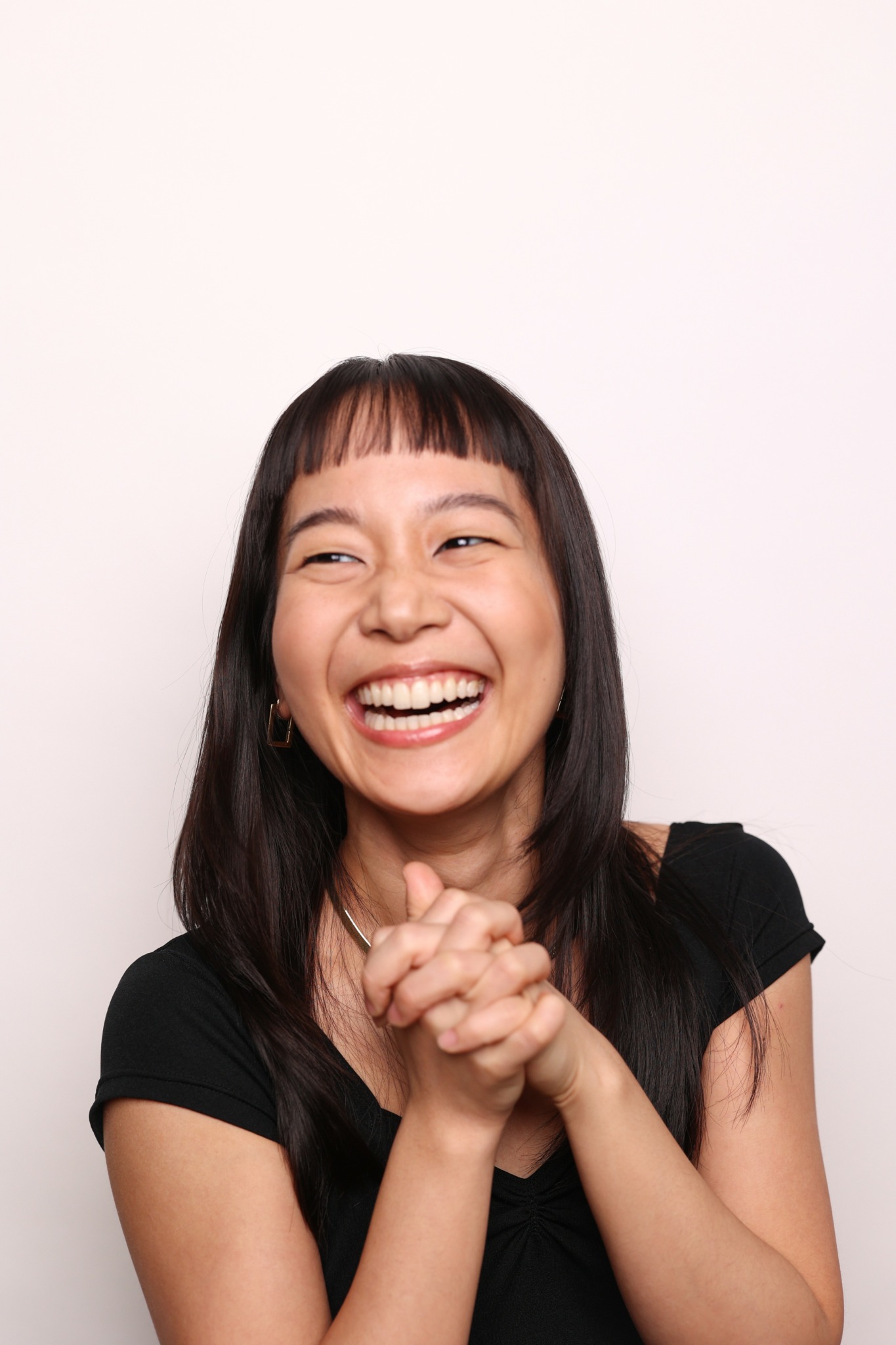Alright – so today we’ve got the honor of introducing you to Naomi Okada. We think you’ll enjoy our conversation, we’ve shared it below.
Naomi, thanks for joining us, excited to have you contributing your stories and insights. What did your parents do right and how has that impacted you in your life and career?
I can say with my whole chest that my parents did everything right when it comes to my artistic journey. My parents are not artists by trade, but they are both avid theatergoers and fans, and always encouraged me to pursue the arts since I could make sound. I started ballet at the age of 3, classical harp and gymnastics at age 4, flute at age 12 and singing, I’m sure, since birth. After many years of childhood experimentation, I landed on acting in my freshman year of college, when I took my first acting class. The craziest thing my mom would say to me and my siblings is, “You know, in the movie Titanic when the ship is sinking and the string quartet keeps playing? I want you guys to be them.”
As corny as it sounds, my parents believe in the personal, societal and cultural impact of any art form, but especially the theater. They taught me that in times of crisis, when people are forced to be at a crossroads between life and death, art becomes a human necessity. Because I was raised with these values, they have supported me through every opportunity to pursue artistic and personal excellence, and I am filled with gratitude every day knowing that I am my parents’ daughter.
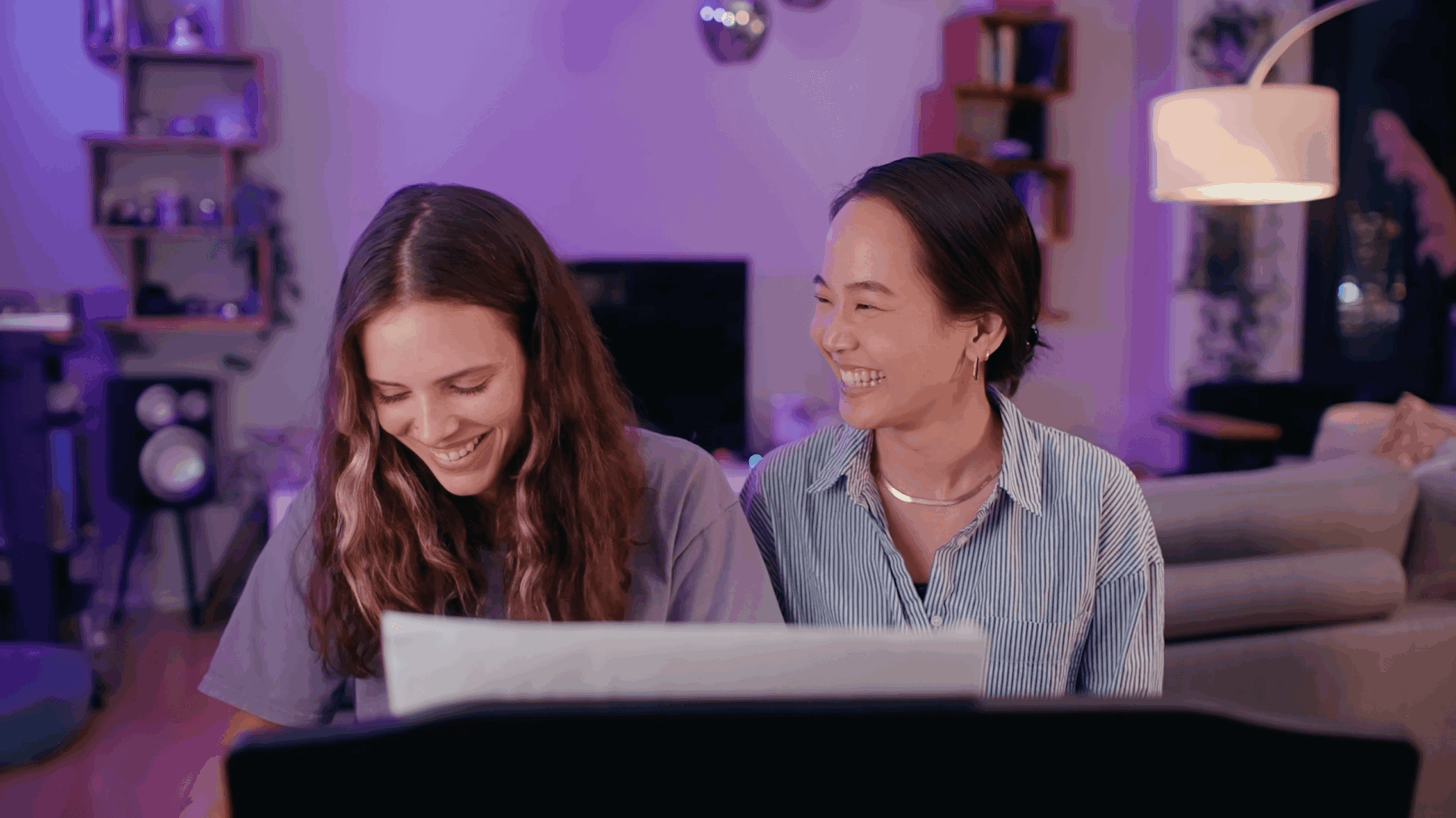
Naomi, before we move on to more of these sorts of questions, can you take some time to bring our readers up to speed on you and what you do?
I am a Japanese actor, currently based in NYC. I’ve been lucky to act in various projects on both stage and screen since moving here. My favorite theater projects include playing Isabella in Shakespeare’s Measure for Measure, Orangutan in Quiara Algeria Hudes’ Water By The Spoonful and Dunyasha in The Cherry Orchard. On screen, Q-Train, a web-series by Dionne van den Berg and Sam Tran, Spilled Milk, a short film by Ramsay Burgess and Ciara Hergott, Peace Corps, a short film by Jessica Li were some of the highlights. I studied Theater and Education Studies at Wesleyan University, and during this time, I’ve also trained at the Moscow Art Theater School and also completed an apprenticeship with One Year Lease Theater Company in Papingo Greece. I was lucky to have a vast array of experiences in acting and global theater during my undergrad years, and I wanted to dive even deeper in a conservatory-style training program, so I pursued and graduated with my MFA in Acting at The Juilliard School.
My background and training in acting has primarily focused on theater, which is where my heart lies. At Wesleyan, so much of my theater experience was about making. Whether it was a full production play on the mainstage theater on campus or a site-specific, outdoor showcase for audiences fewer than 15 people, the students taught and learned from other students on how to make theater happen. Theater was less about technique and more about purpose and community and learning the hard skills through trial and error and mentorship. My “why” in theater stemmed from the inspiration I drew from my experiences, my friends and collaborators I met on that campus.
I started my training at Juilliard hoping to gain the technical skills I was lacking, but I ended up with so much more in my arsenal. Through the non-stop classes, rehearsals and projects, what felt like an impossible schedule, I cultivated a sense of agency in my artistic relationship with myself. The rigor of the training at Juilliard catapulted me into confronting my inner critic, negative self-talk, mental and physical exhaustion but showing up anyways. I developed a mental and spiritual resilience that I couldn’t fathom reaching on my own. I failed and failed and failed in ways I couldn’t have dared to in the real world. And through the guidance of my mentors and close classmates, I walked away with not only the technical skills needed to be a professional actor, but an artistic identity that I hope will carry me through my career for the rest of my life.
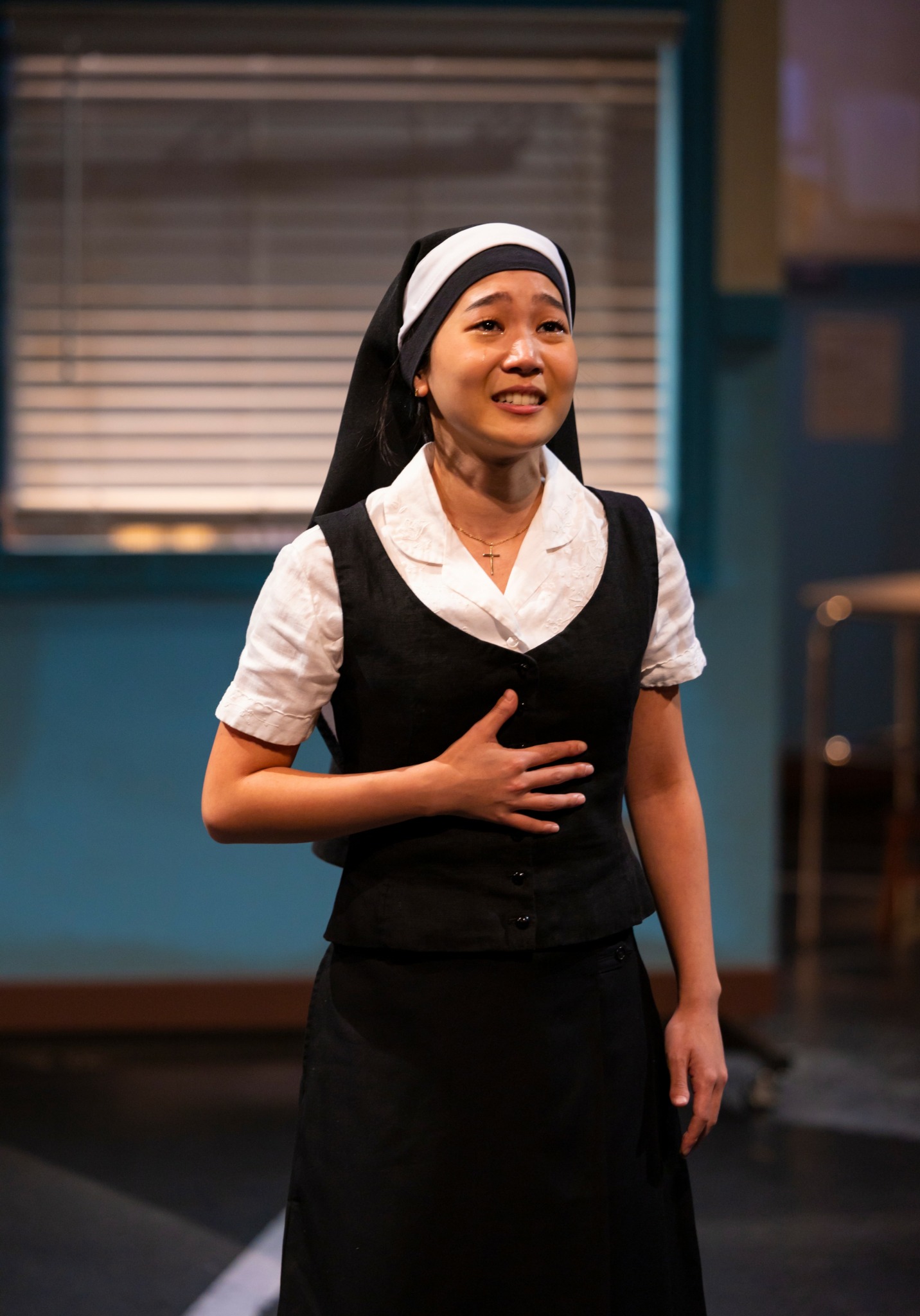
For you, what’s the most rewarding aspect of being a creative?
This makes me think about something Meryl Streep said in an interview: “[Actors] live a very zen life. It’s very uncertain. All lives are uncertain, but actors know it. Because you’re unemployed so often and you live so intensely in the moments that you are working… you live where you are. I think actors live exactly where they are. The really good ones [do].”
For me, reckoning with the inevitable instability that is the life of an actor was crushing, disappointing, and scary. But the instability gives you no other option but to live exactly in the present moment, which, in my opinion, is a gift. We have every reason not to live in the present, but actors have to. There is, of course, a give and take with this mentality. However, releasing control of what’s to come and stopping myself from ruminating about what could have been has brought me immense gratitude, appreciation, peace and groundedness that I wouldn’t trade for anything. For me, this is possibly the most rewarding thing about being an actor.
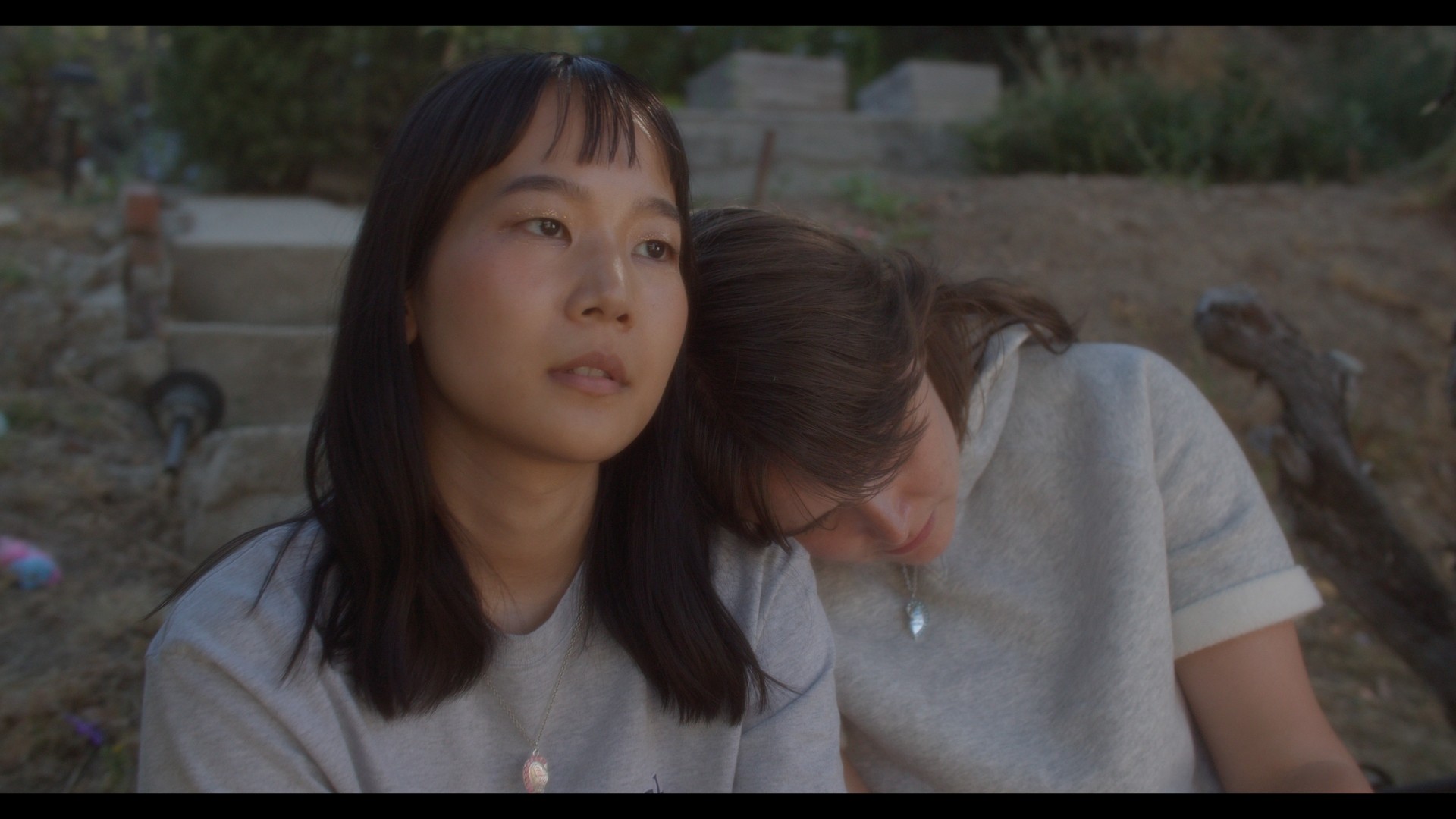
Is there something you think non-creatives will struggle to understand about your journey as a creative? Maybe you can provide some insight – you never know who might benefit from the enlightenment.
I think many non-creatives find it hard to abolish the perceived notion of a “timeline” for their life. I will admit, I struggle with this too. There’s a perception that if you hit certain milestones at specific times in your life, it means you are safe from societal or personal judgment or ridicule. Although I do think it’s important to plan for the things you want in your life, and it’s essential to have goals to work toward—whether they’re career-based, family planning, financial goals, etc.—these big life decisions shouldn’t be fear- or defense-driven. As creatives, we are hardwired to follow what feels right and good in our gut, and we often don’t subscribe to societal standards or the “normal” way of doing things. There is no normal way. There is no timeline. You should always do what works for you and make the best decisions with the information you have in your current circumstances.
Contact Info:
- Instagram: @namschatte
- Other: Email: [email protected]
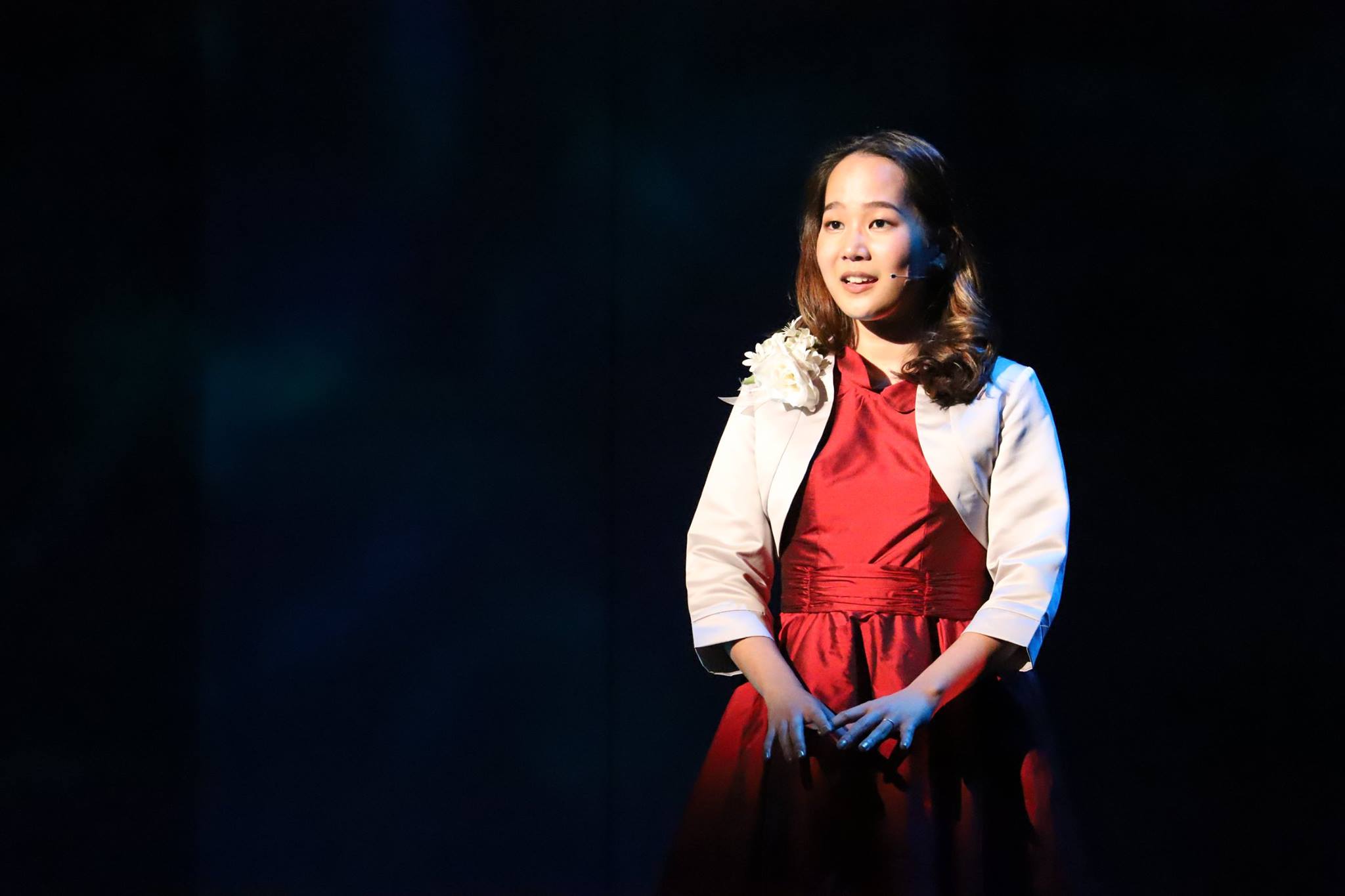
Image Credits
Sam Pickart, Dan Mayo, T Charles Erickson, Chloe Prahl


